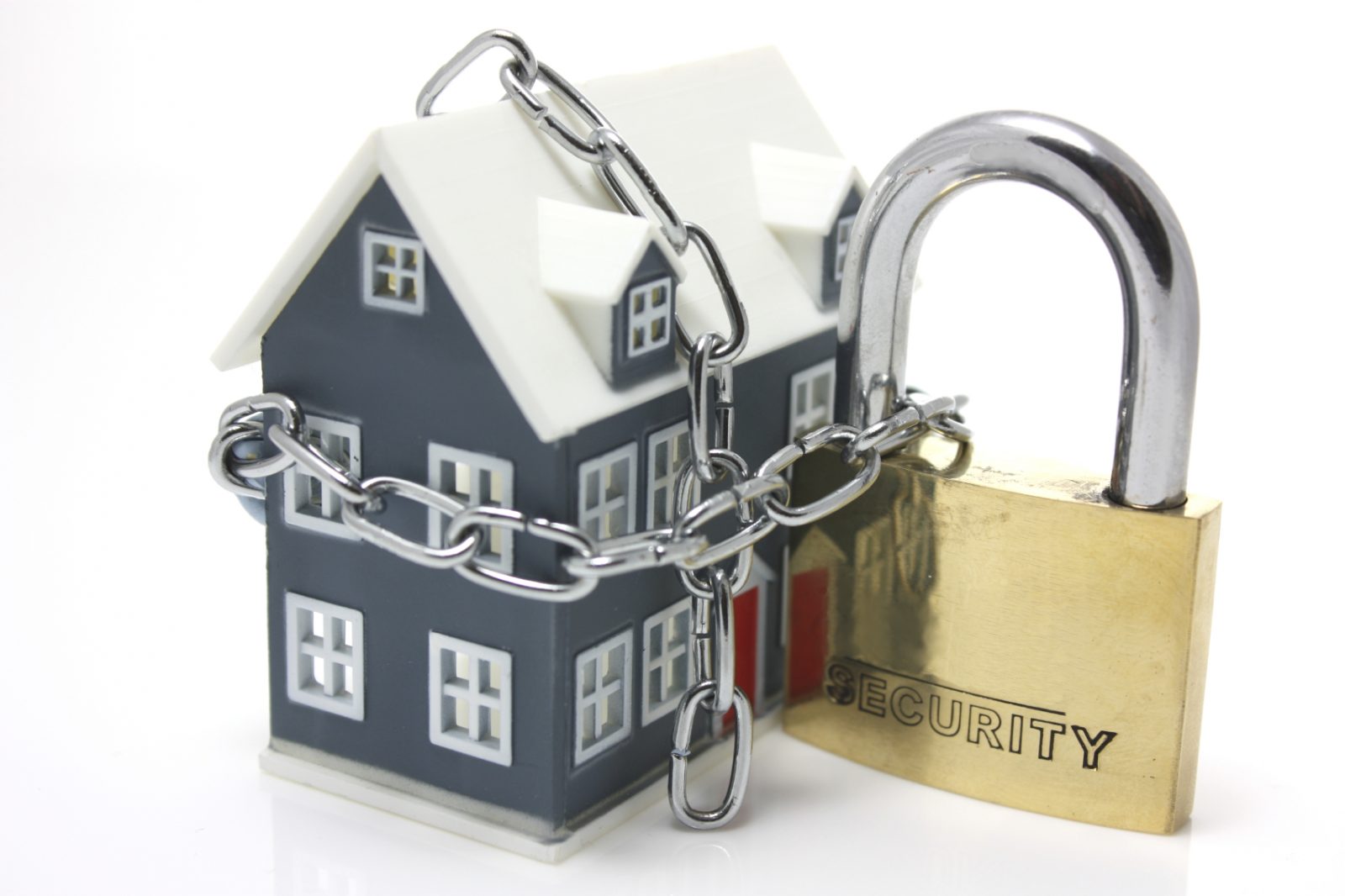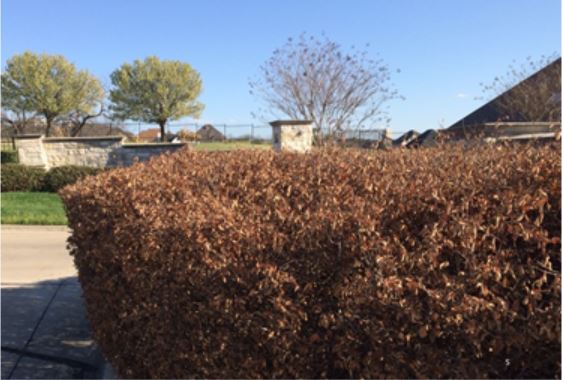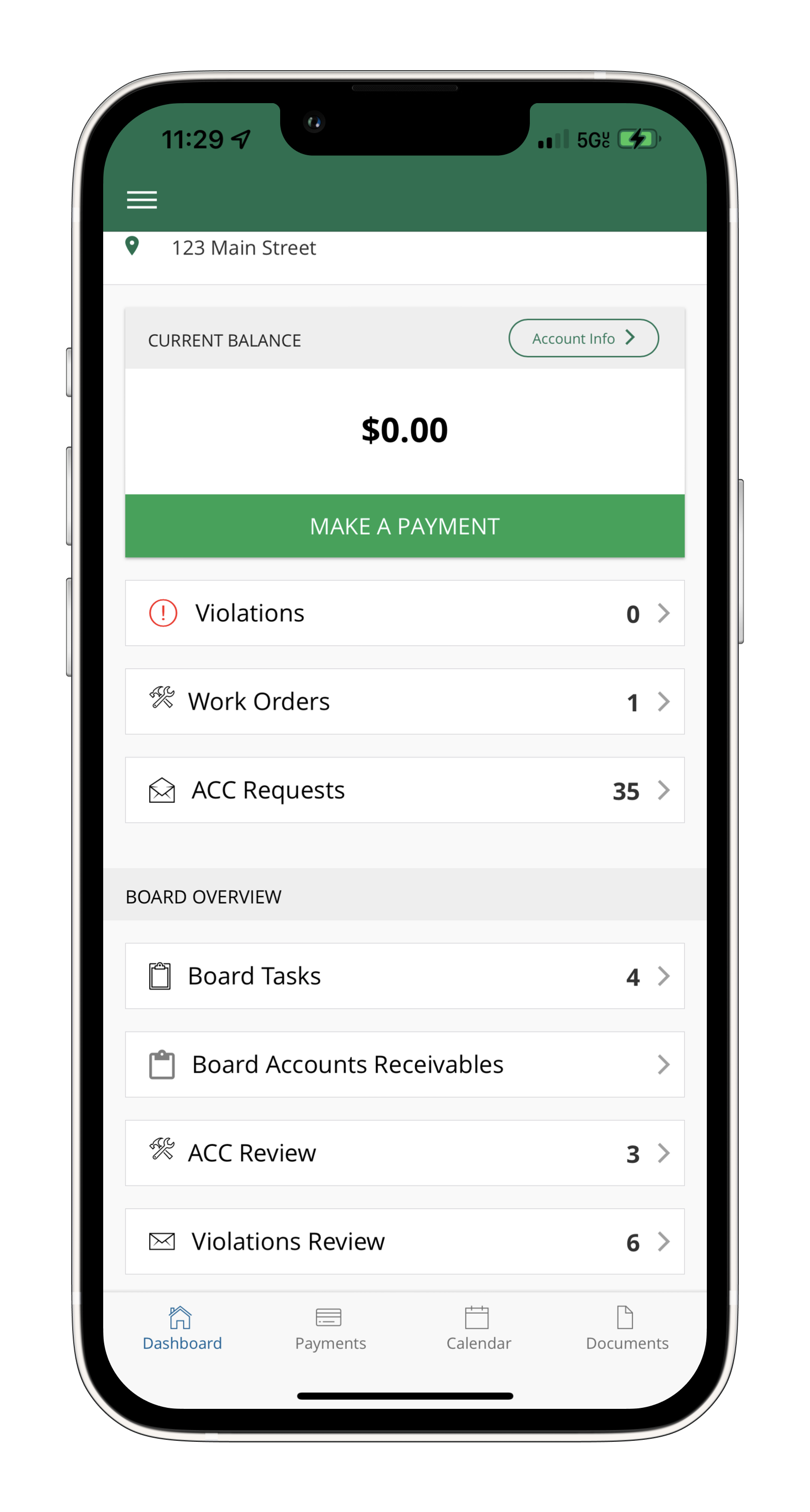


Texas Homeowners Rate Community Association Experience as “Very Good” or “Good”
May 23, 2019


Protect Your Home from Burglary While on Vacation
June 3, 2019Overview
The 86th Regular Session of the Texas Legislature ended on Monday, May 27th. Top stories heading into this session included the destruction caused by Hurricane Harvey, the tragic school shooting in Sante Fe ISD, and a tough November election cycle for Republicans. After arriving in Austin in January, the Texas House of Representatives elected a new Speaker for the first time since 2009. There was also a renewed call for cooperation by the Speaker, Lieutenant Governor, and Governor, who pledged to work closely together on priority issues like education and tax reform. As a spirit of compromise and moderation defined the legislative session, the House Freedom Caucus saw a couple of members resign, and the Democrats saw their influence in the House grow.
In January, Governor Abbott announced his emergency priorities for the session, including school finance, teacher pay raises, property tax reform, school safety, disaster recovery, and mental health issues. Thanks to a strong Texas economy, state budget writers began the legislative session with billions in extra revenue and a record $15 billion in the state’s Rainy Day Fund. This meant the Legislature could avoid the fights over proposed cuts to health care and higher education that have marked recent sessions.
Unlike the 2017 legislative session, which was dominated by partisan fights over immigration, abortion, and transgender bathroom access, this session was relatively quiet. Lawmakers approved a roughly $250 billion state budget, and passed several major policy initiatives including:
- school finance reform that greatly increases per student funding, expands pre-kindergarten classes, invests in early reading preparedness, provides teacher pay raises, and streamlines the school finance formulas
- a property tax reform package that requires local voter approval if tax revenue increases by more than 2.5-3.5% from the preceding year
- a major school safety measure that increased safety training for school employees, availability of mental health resources, and emergency awareness systems
- increased investments in the state’s Teacher Retirement System
- raising the state’s legal smoking age to 21
- legalizing the agricultural production of hemp and expanding permissible medical uses of CBD oil
- repeal of the Driver Responsibility Program and local red-light camera laws
BILLS AFFECTING PROPERTY OWNERS’ ASSOCIATIONS
A few bills passed this session that directly impact homeowners and associations in Texas, including:
- HB 234 by Rep. Matt Krause, which prohibits property owners’ associations from regulating the sale of lemonade or similar beverages by children on property located in the subdivision if the child has permission of a property owner to be there. There are also similar provisions in the bill that apply to local government regulations of lemonade stands. TCAA was successful in amending the bill to require permission by a property owner and to limit a property owners’ association’s liability for any injury or activity related to such sales.
- HB 302 by Rep. Dennis Paul provides a defense for owners, tenants, and guests carrying, storing, or possessing a firearm or ammunition in apartments or condominiums.
- HB 1025 by Rep. Dwayne Bohac deals with candidacy for and membership on the board of certain property owners’ associations. Additionally, the bill was amended to add the text of HB 1396 by Rep. Sam Harless, which limits board eligibility in relation to cohabitation at the same primary residence, so that only one director is permitted per primary residence.
- HB 2554 by Rep. John Bucy streamlines and reorganizes statutes related to the ability of property owners’ associations to regulate the display of political signs.
Many bills were tracked and analyzed by the TCAA legislative team that did not become law before the end of the legislative session. On many of these bills, TCAA worked closely with the bill authors to find compromise language, and yet the bills did not make it out of the Legislature, including:
- HB 660 by Rep. Matt Shaheen addressed the assessment of fines by property owners’ associations by requiring that associations must adopt and record a fining policy that establishes reasonable fine amounts for each type of violation, and provide a copy of that policy annually to its members.
- HB 1737 by Rep. Justin Holland relates to the statutes of limitation and repose for certain claims involving the construction or repair of an improvement to real property or equipment attached to real property, compressing the timeframe available for such claims from 10 years to 8 years.
- HB 2302 by Rep. Greg Bonnen, which addressed the issue of when a property owners’ association may regulate religious displays at a residence.
- HB 2596 by Rep. James White (and its companion SB 86 by Sen. Bob Hall) related to the ability of a local government or property owners’ association to prohibit an individual from raising or keeping six or fewer chickens at their single-family residential lot, and also override any similar property owners’ association restrictive covenant.
- HB 3445 by Rep. Tracy King shortened the timeframe for an association board to transition from developer-controlled to resident-controlled, and also required board meetings of certain associations to be held within 10 miles of the subdivision.
- HB 3498 by Rep. Dustin Burrows made multiple changes to the laws governing mechanic’s, contractor’s, or materialman’s liens.
- HB 589 by Rep. Joe Deshotel also addressed mechanic’s, contractor’s, and materialman’s liens, and extended to condominium unit owners the liability of a condominium association’s failure to pay a contractor.
- HB 3778 and HB 4176 by Rep. Angie Chen Button addressed the ability of municipalities and property owners’ associations, respectively, to regulate short-term rentals.
- SB 639 by Sen. Joan Huffman was a wide-ranging bill addressing the operation and management of condominium unit owners’ associations, including issues related to the meetings, records, and elections of those groups.
CONTACT YOUR LEGISLATORS

The legislative session has ended, but you should still contact your local representatives throughout the year and ahead of the 2021 session to share your concerns and opinions. Here’s how to contact your state legislators:
By telephone
You can find Texas Capitol and local district office telephone numbers for your legislator by searching Who Represents Me? on Texas Legislature Online.
By e-mail
E-mail is handled by each office individually. For e-mail options, see the Texas Senators and House Membership web sites.
GET INVOLVED
Between now and the next legislative session, TCAA wants you to get involved with our association and help in our efforts to support and protect community associations across Texas. Visit the TCAA website for more information on activities, events, and updates: www.txcaa.org





